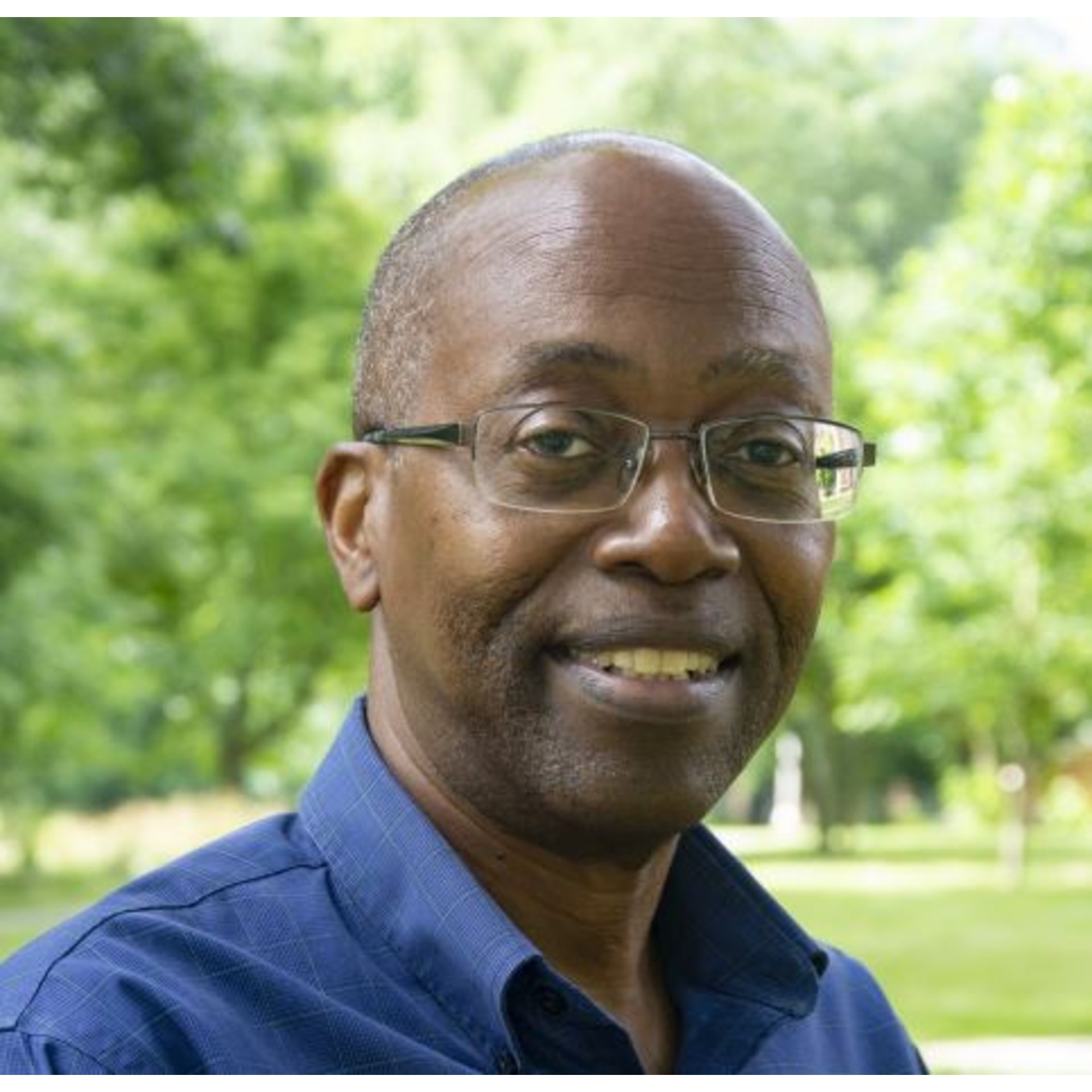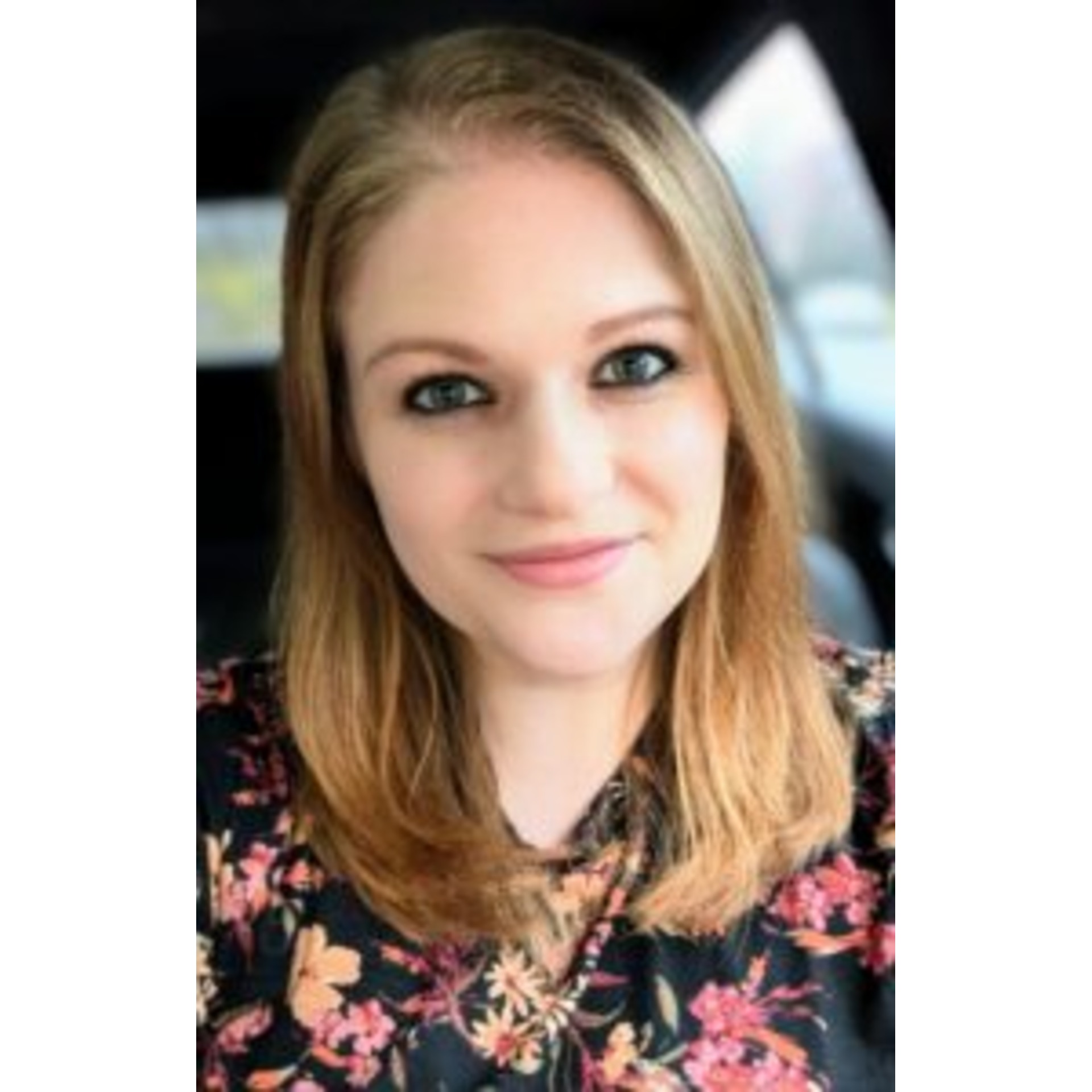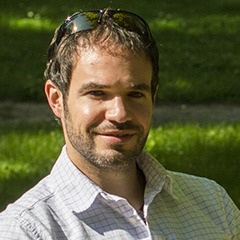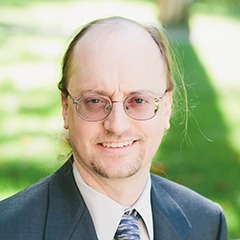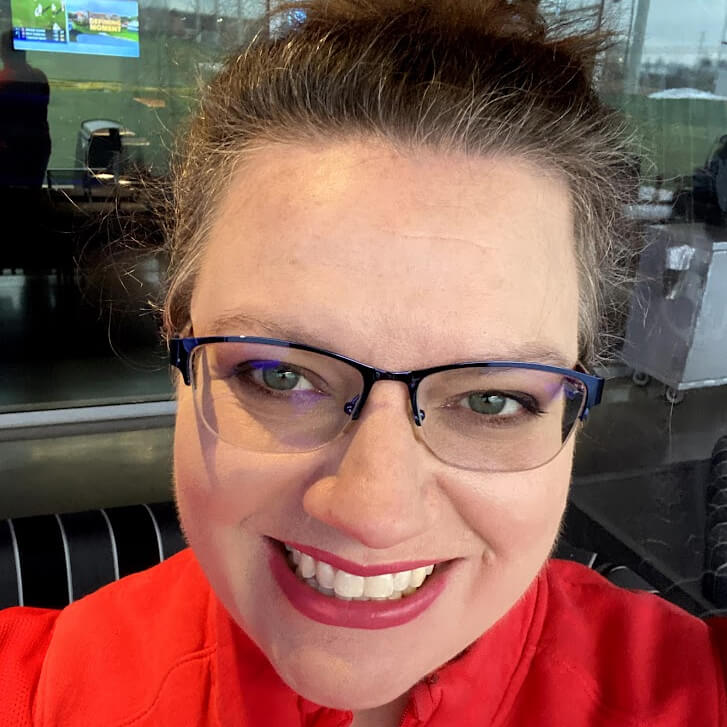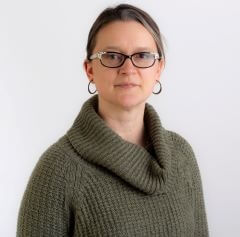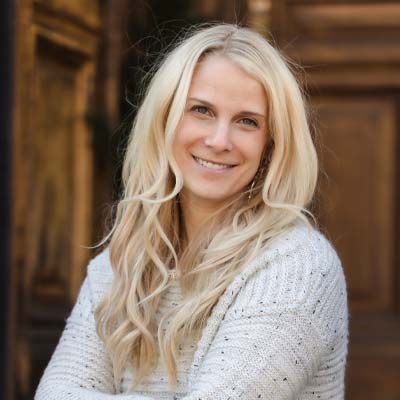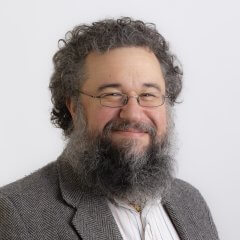Office of Academic Affairs
Antioch offers students a unique and challenging educational curriculum based in experiential education and the intentional integration of classroom, community, and cooperative education. The curriculum puts the liberal arts in action with a self-designed major focused on interdisciplinary strengths, essential skills, meaningful work, and social change. The Office of Academic Affairs at Antioch College is responsible for overseeing the delivery of that curriculum and student experience.
The Provost works closely with faculty and other community members to provide strategic leadership for Antioch College’s academic programs, accreditation, personnel, and academic resources, including primary responsibility for the Office of Academic Affairs, Cooperative Education, Registrar, Olive Kettering Library, Herndon Art Gallery, Foundry Theater, Antioch Review, Student Success Center, and all faculty. The Provost serves on the President’s Council and Community Council, collaborates with the Executive Faculty Committee, and supports the Academic Affairs Committee of the Board of Trustees.
The Faculty Assembly represents Antioch’s commitment to faculty governance with stewardship of the key domains of faculty responsibility through four standing committees: curriculum; assessment; teaching, learning, and advising; faculty personnel policy.
The Deans Council brings together Antioch’s signature commitment to the three C’s: classroom, co-op, and community.
The Chairs Council represents diverse disciplinary perspectives and coordinates academic curriculum planning across divisions in support of an integrated, interdisciplinary learning environment.
The Academic Affairs Administrative Team (AAAT) brings together operational leads across campus to support institutional effectiveness and improve the student experience.
The First Cares Team brings together student success professionals and key faculty to monitor student academic progress and respond to individual case needs as they arise.
The Antioch College campus also features many “Learning Hubs” where students put learning in action alongside faculty, community members, and practitioners at a sustainable microfarm, community theater and gallery, literary review, holistic wellness center, student-run shop, and justice center named after alumna Coretta Scott King.
Meet the Academic Affairs Team
Deans Council
Academic Division Chairs
